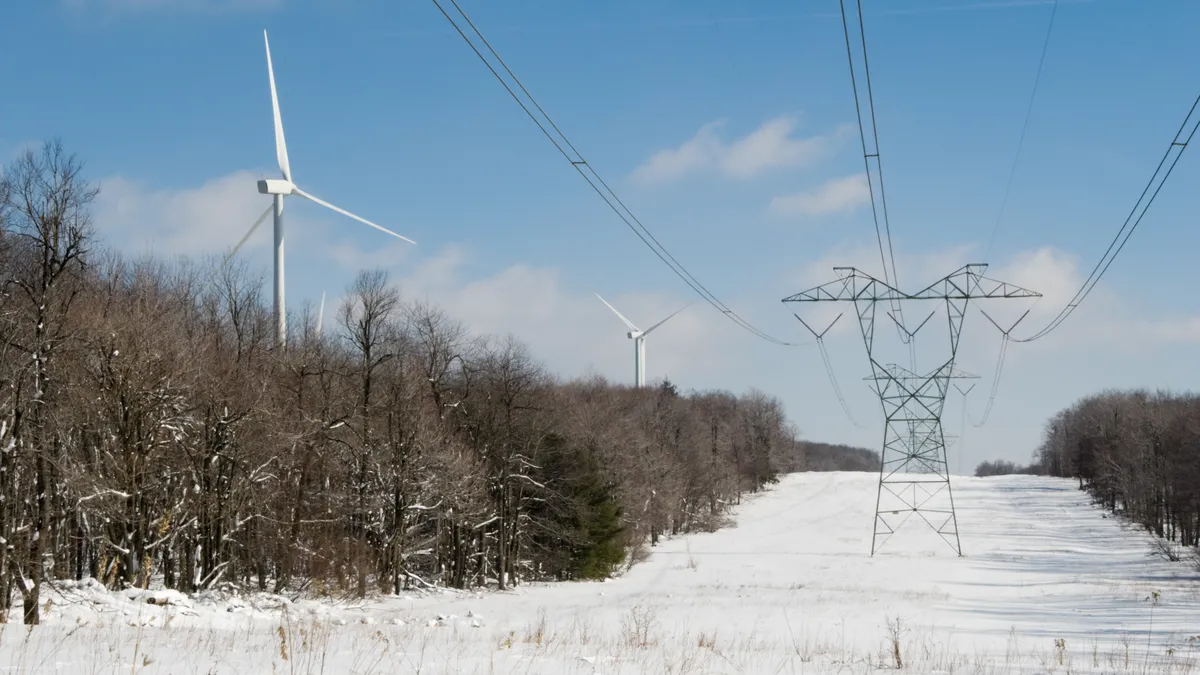Dive Brief:
-
The Federal Energy Regulatory Commission on Thursday rejected the Southwest Power Pool’s proposal to set wintertime resource requirements for “load responsible entities,” or LREs, saying the grid operator’s plan failed to require those resources to be available when needed.
-
Agreeing with SPP’s market monitor and Basin Electric Power Cooperative, FERC said the grid operator’s plan was flawed because utilities and other LREs could meet their proposed requirements with power plants that aren’t expected to be running.
-
“Without an expected availability requirement for the winter season, there is a risk that capacity calculations could be inflated, giving a false impression of resource adequacy and grid resilience,” FERC said, noting SPP should consider a fast-track stakeholder process to develop a new proposal as quickly as possible.
Dive Insight:
Pointing to winter storms Elliott and Uri, which led to blackouts and multiple deaths, FERC said it is critically important to ensure there are adequate power supplies in the winter.
“We believe that SPP should prioritize the development of a winter season resource adequacy requirement that is not only robust and comprehensive but also specifically tailored to meet the distinct demands of the winter season in the region,” FERC said. “Doing so would ensure that adequate, reliable, resilient energy resources are available to meet increased consumption needs and to withstand extreme weather conditions.”
In its comments opposing SPP’s plan, the grid operator’s market monitoring unit warned that an LRE could offer a resource to meet its winter resource adequacy requirement while planning to conduct a corresponding power plant outage at the same time, undermining overall resource adequacy.
Also, FERC said that by potentially overstating an LRE’s winter resources, SPP’s proposal could lead to lower penalties for LREs failing to meet their obligations, which would reduce the pressure to secure adequate, reliable capacity for the season.
In recent winters, the SPP region — which runs from north Texas to North Dakota — has experienced extremely low temperatures, contributing to record energy demand, FERC said.
FERC said it recognized the value of a thorough stakeholder process, but prompt action is essential to ensure that wintertime resource adequacy requirements are established without delay.
Delays in developing a new proposal could threaten grid reliability and the safety of consumers, FERC said, as it encouraged SPP to consider an expedited stakeholder process for any future filing on the issue.
As in other recent FERC decisions, Commissioner James Danly didn’t participate in the SPP decision, a sign he could be looking for a job. Danly’s term expired on June 30, but he is allowed to continue serving as a commissioner until this Congressional session ends.















